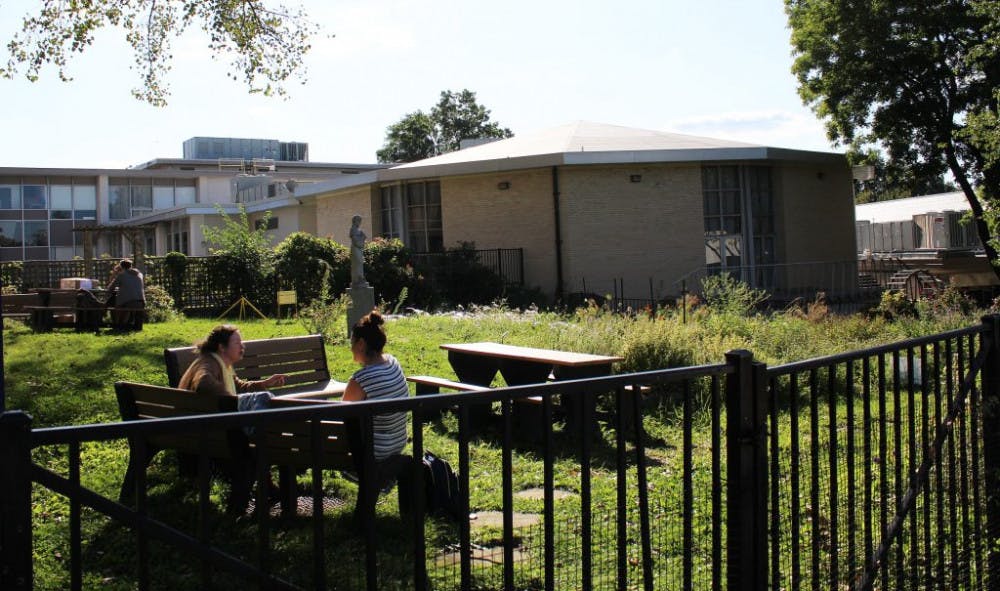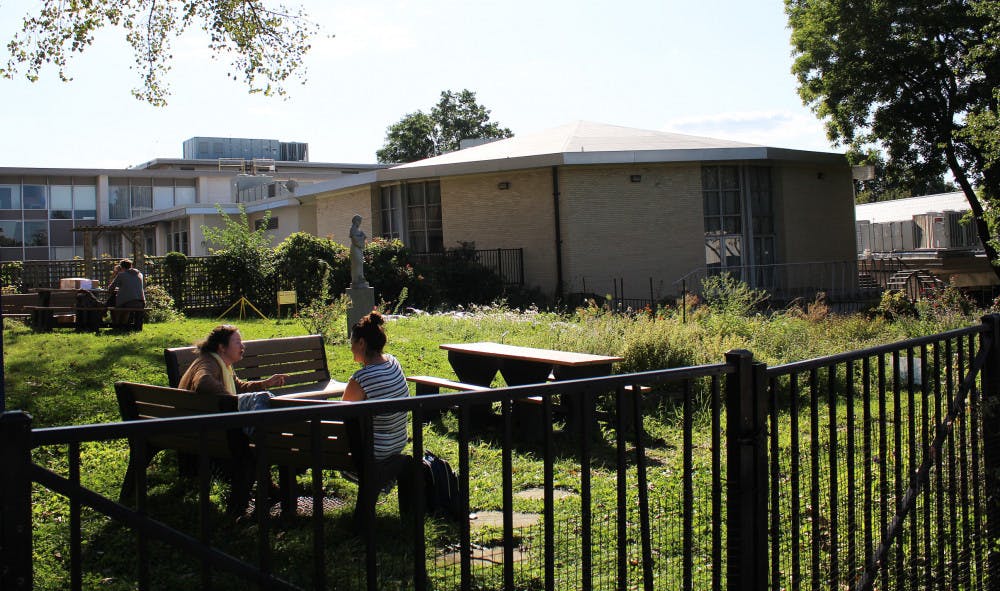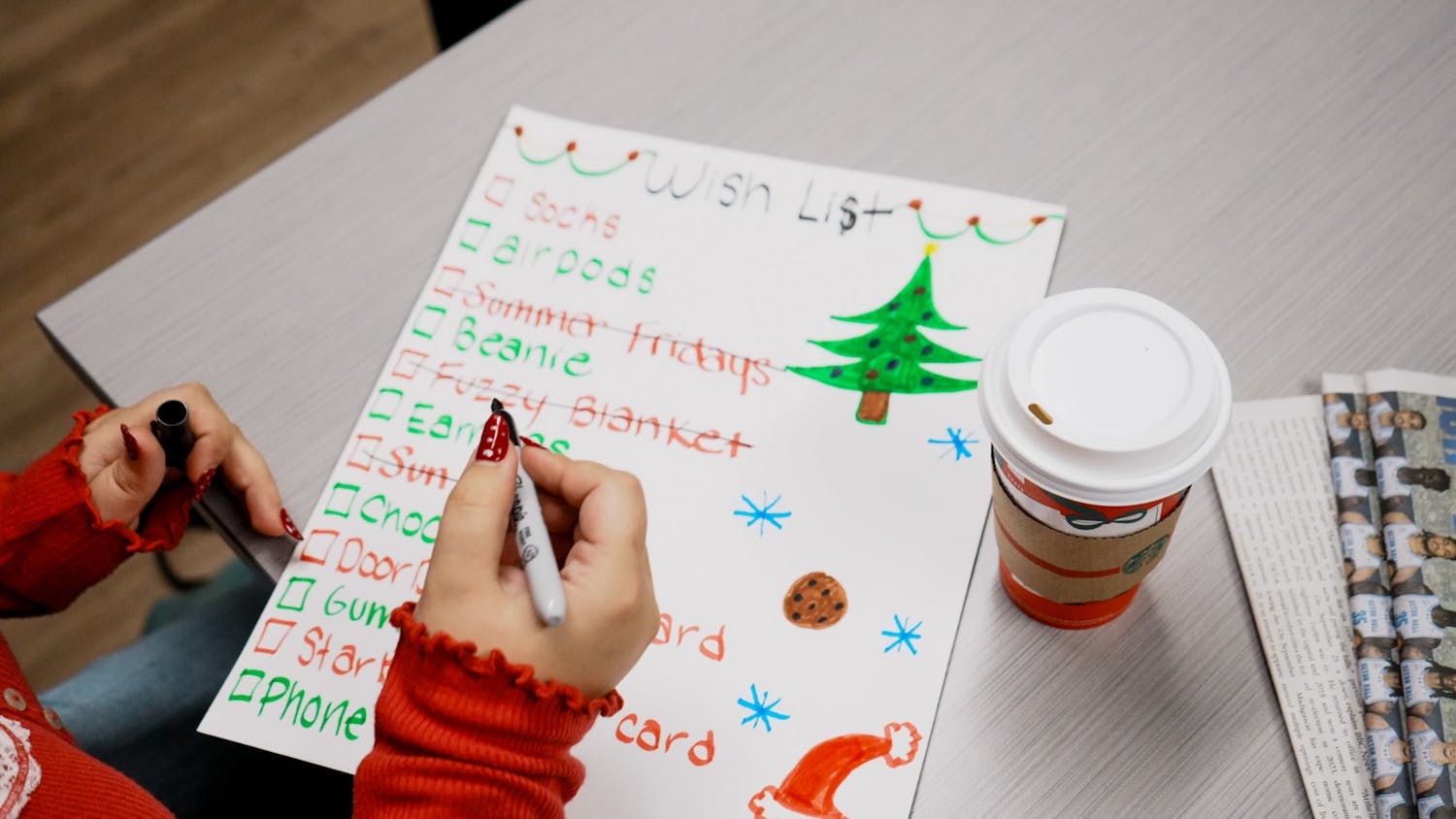The wildfires that are blazing in Australia are the latest in a rapidly growing list of natural disasters. Wanda Knapik, professor of the Interdisciplinary Environmental Studies Program, educates her students daily on how they can save the environment.
Knapik explained how there is destruction everywhere, including flooding, typhoons and other wildfires in places like California and the Amazon rainforest, which she described as “the lungs of the earth.” She said that the rainforest trees are being burned to raise more cows for meat. She also described the Australia fires as being really hard to witness.
“Biodiversity is already plummeting, and we’ve lost so many species already,” Knapik said. “We’re not at the beginning of ecosystem collapse; ecosystems have been collapsing. We’re at a point now where we need to restore what’s been damaged, and we need to preserve and protect what we still have left.”

Knapik said the best way to help Australia is to change one’s consumerism lifestyle and individual behavior. She explained that certain products do not help to save the earth. One example she gave was palm oil, which is found in most soaps and food. Rainforests are burned to create palm oil, taking away clean air for humans to breathe in.
Knapik made several suggestions for Seton Hall students to start improving the environment. Her first recommendation was to use reusable bottles instead of plastic water bottles. There are refilling stations throughout the campus. She also suggested that students eat less red meat, specifically from cows.
“We each individually have to do our share,” Knapik said. “The biggest thing we can do is vote with our dollars. The second biggest thing we can do is vote for politicians that care about the environment.”
Knapik encouraged all students to visit the Campus Garden which has organic vegetables, herbs, flowers and fruit growing for students to harvest and eat. Students and faculty can get eco-friendly products, such as reusable containers and metal and bamboo straws at the bookstore in Duffy Hall.
For students who love coffee, she shared a tip. “If you use a reusable mug in Dunkin’, you get cheaper coffee and you feel better because you’re not using Styrofoam and plastic,” she said.
Students can also join the Ecology Club, which meets every other Tuesday at 7 p.m. in McNulty 106. Piper Warnagiris, a sophomore entrepreneurship and business management major and president of the club, said that the mission of the club is to make the world an eco-friendly place.
“During club meetings, we do different DIY activities that show easy ways to be eco-friendly and help teach students innovative ways to take care of the Earth along with learning about current global, national and local environmental issues,” Warnagiris said.
Warnagiris said that students can improve the environment by being more conscious of their decisions. She said the Ecology Club “showed a way to do this with one of our club activities where we made decorative pom-poms for everyone’s rooms from plarn balls, which are made from strips of plastic bags that would have been thrown out.”
Knapik emphasized the importance of environmental protection.
“Nobody really knows what could happen,” she said. “What we can focus on in the present moment is doing the right thing with our own actions. We don’t have any time, we should all just start now.”
Nina Ilic, a senior psychology major, is doing her part in helping the environment by doing simple tasks such as using recyclable bags. On the Australia wildfires, she said, “It sucks that more isn’t being done to help them.”
Victoria Rossi can be reached at victoria.rossi@student.shu.edu.





